During the Isaacus project, we have visited different countries, gathering experiences and information on the potential model for a good public operator that acts as the engine for a sustainable data economy. We have researched the technical requirements of different kinds of secure data-processing environments and tested secure solutions and mechanisms for handling data. The systems are complex, and it is a real challenge to create an environment that is 100% secure. Nevertheless, we believe that with good architectural planning, many risks can be significantly avoided. In the end, it all comes down to people and their behaviour.
The planning of operations is focused on us, the people. We should understand and know what a sustainable data economy means and engage in a dialogue with officials on what a good information-based society looks like. How can one get targeted drug therapy without compromising one’s privacy? What kinds of services directed at individuals should be offered by the operator that will handle their information anonymously?
Risk awareness should be increased, and at the same time we should make sure that the operational principles and values of the new operator and co-operating parties are based on sustainable good risk management. When we have agreed on operational principles and values, we need to make a risk-management plan that includes related operational principles and ethical rules. After there has been an open discussion on the goals, needs and resources of risk management, the continuous training of staff in the risk-management network can begin. Technical solutions and technical architecture create a basis for building sustainable practices though regulations, training and educating future experts.
The example set by leaders is important, too – professional ethics and a data-processing culture need to be built from the bottom up on a strong value base. We need to make sure that the value base can be sustained in difficult situations, and we need to follow its principles during recruiting, training and the planning of the employment system. We can and we will practise doing just this. We need to be able to re-evaluate and revise operational principles and the practices of risk management as necessary.
Building the new operator for enabling a sustainable data economy is only in the early stages. As the first step, we are inviting everyone interested to participate in advisory teams that will start to plan transparent operational principles. This is something we have already been able to start with the Isaacus project. In spring 2017, we arranged several citizens’ councils where we examined and reflected on customers’ concerns and doubts regarding the new Act on the secondary use of social and health data and the new operator enabled by the new act. However, discussion did not only revolve around potential threats. Participants also brought up new possibilities for Finland and Finns introduced by the new legislation and subsequent operators.
Possibilities were also a theme that came up in the opinion survey (in Finnish) we conducted in summer 2016. The survey showed that Finns are willing to provide anonymous social and health data for scientific research and the development of the social and health field. This result reflects our trust in official operations. In the future, we need to ensure we do not break this trust.
We want to continue the dialogue on this subject and gather different opinions on how we should distribute information about the theme and reforms. One option that we intend to use is the SenseMaker tool (article in Finnish), introduced to Finland by Sitra. We will use the tool to collect Finns’ stories – their hopes and fears about a digital Finland and the development of a data economy.
So, follow the project’s website and join us and the experts in creating a common value basis and planning the key principles of a sustainable data economy together. In spring 2018, we will start advisory meetings with everyone interested and excited about the subject. Join us in solving and forming the future.
#isaacus
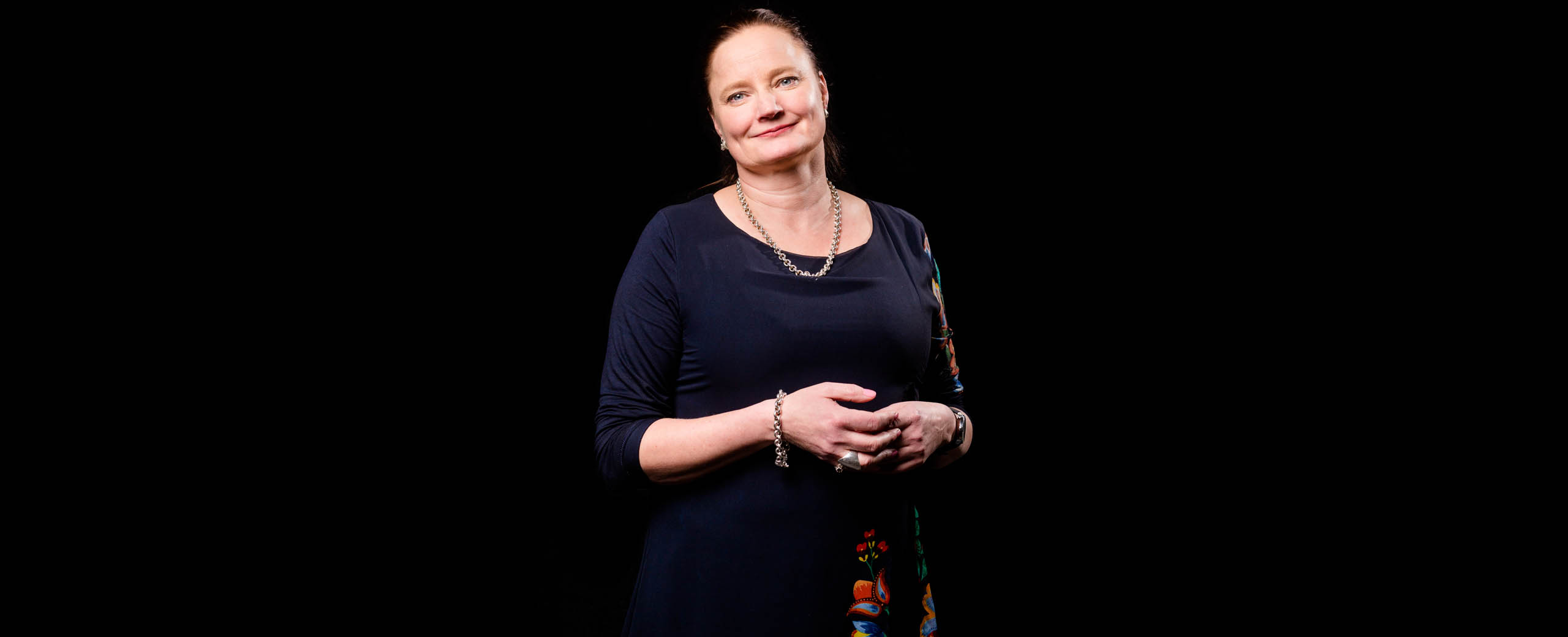





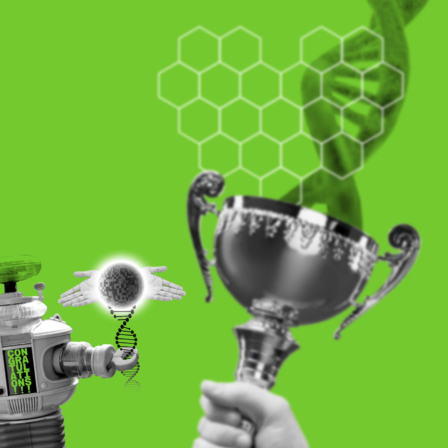
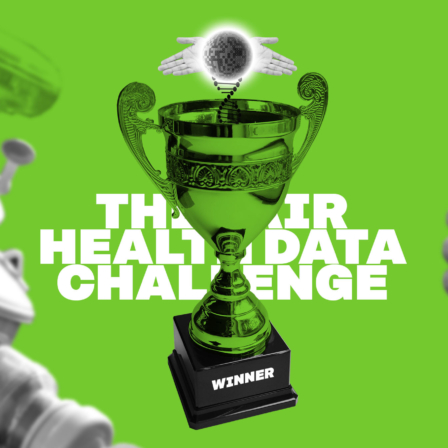
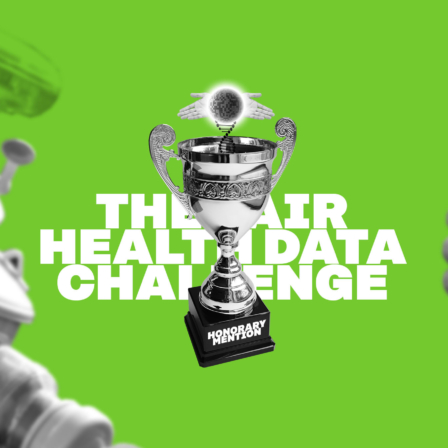




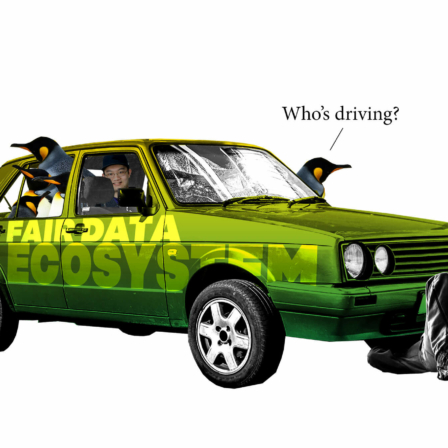
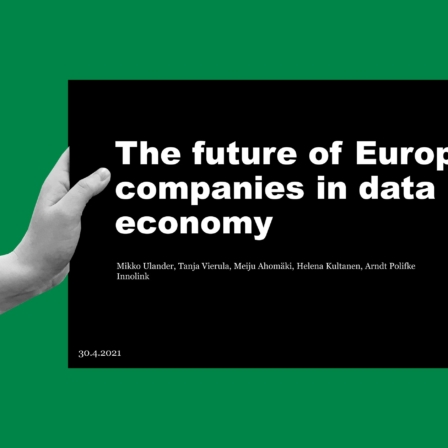


Recommended
Have some more.